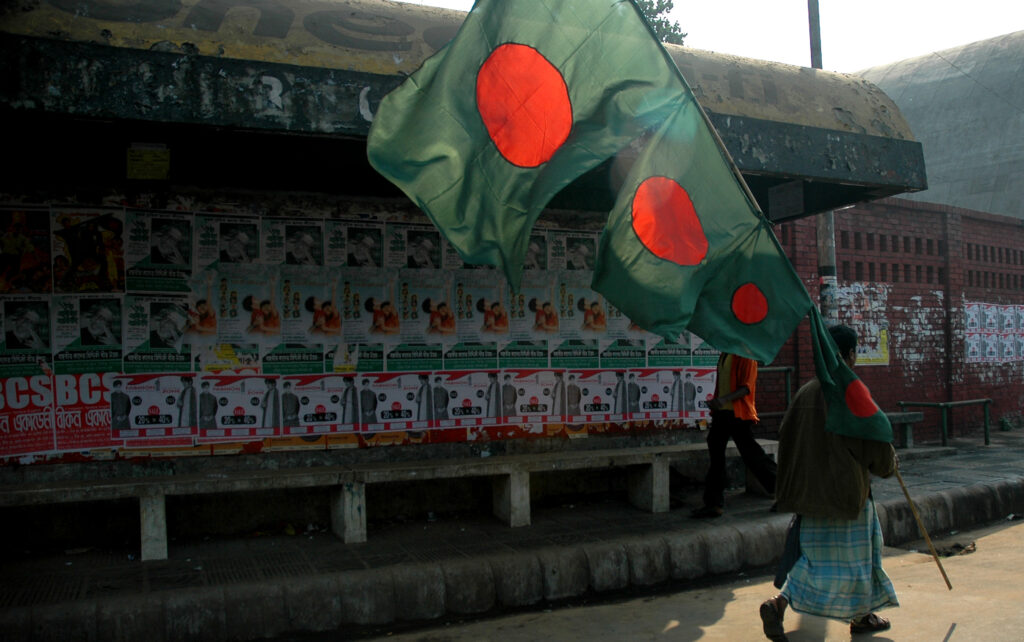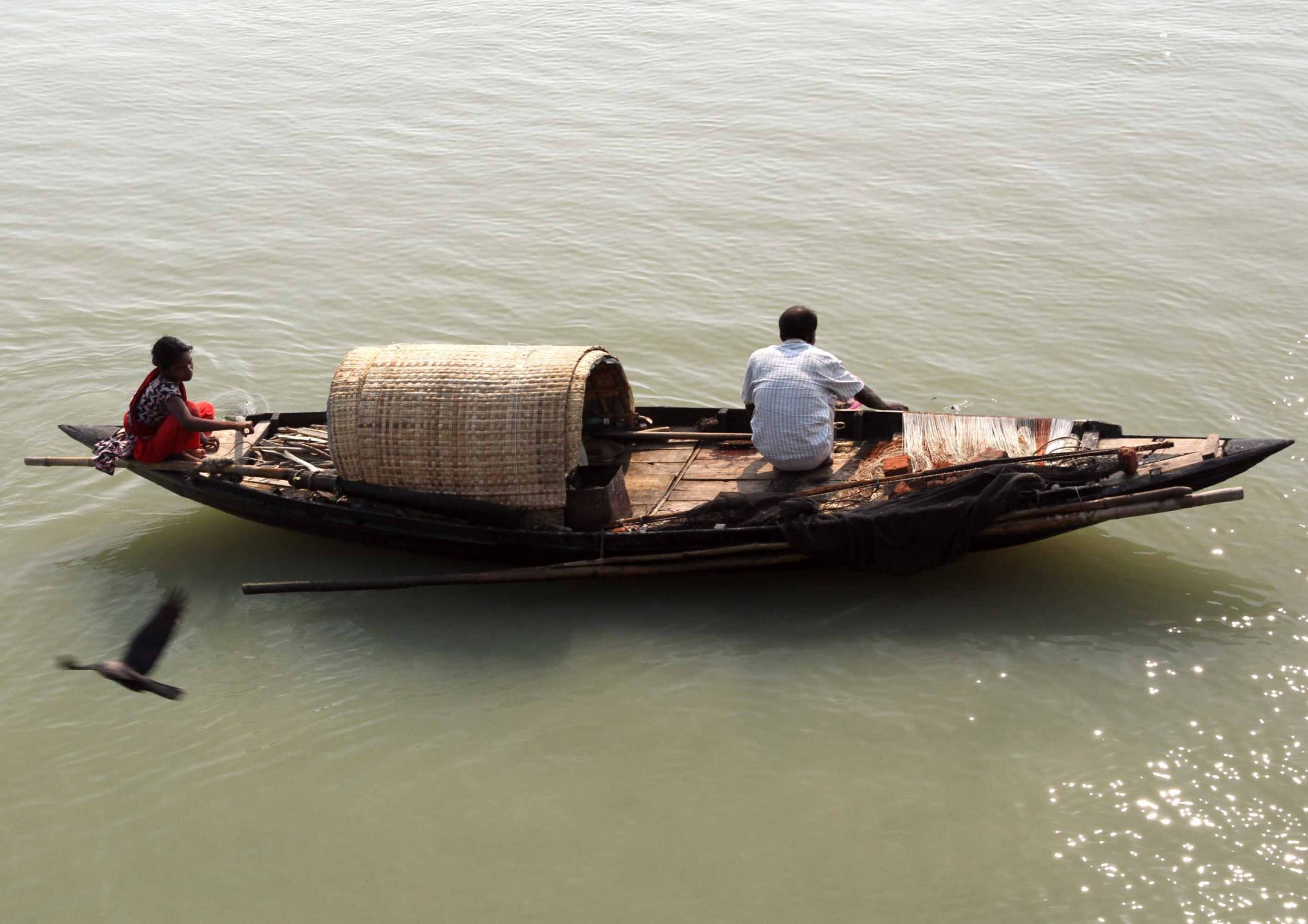
We are entering December 2020, the month 50 years ago in 1970 when Pakistan held a free and fair general election covering both wings of the country after about twelve years of military dictatorship. The result of the election and what happened next set a motion in place and, by the following December in 1971, Bangladesh was born as a new nation and joined the family of countries that make up our word.
As we approach 2021 – the 50th anniversary of the war that began in March and ended in December 1971- we should celebrate our country’s birth by dedicating ourselves to fighting for the truth, equality, justice, impartiality, objectivity and clarity. It will help resolve many of the intractable problems and imprisoning barriers and ceilings that envelope and constraint us from moving forward towards a better future.
During the whole of 2021, I will personally explore many issues and debate with people writing, posting, theorising, researching and explaining the 1971 war and its causes and impacts.
In this regard, on the first issue that I want to explore, very briefly, is whether the nine months war that created our new country was a civil war or a liberation war. I am interested in developing a clear understanding of this issue because there are ongoing debates, confusions and disputes over the categorisation of the 1971 war. Some hold that it was a civil war, mainly from a Pakistani background, while most Bangladeshis call it a liberation war. Based on my personal experience and knowledge, some Pakistanis also view the 1971 conflict as a liberation war – which seems to be mainly due to their deep regret and shame for what the Pakistani military did and respect and sympathy for the people of Bangladesh. There are also are some Bangladeshis who believe that it was a civil war.
Within all the different perspectives on the 1971 war, I have found that some individuals hold sincere positions as well as there exist people whose positions are ideologically determined on the question of civil war versus liberation war.
Those who believe sincerely that it was a civil war, they base their position on the fact that Pakistan as a whole, consisting of both east and west wings, was one country at that time. As such, because the war was fought by members within one country it must have been a civil war. The bit when the Indians got involved are not treated or considered as a civil war by any parties – which is referred to as the Indo-Pak War.
I have looked at many definitions of what constitutes a civil war. From what I understand, a civil war is when a war or conflict is fought within a country by different factions – whether based on political, racial, religious or ethnic grounds – for the control of the country to establish particular domination, to oust a dictatorship or for many other possible causes. When one part tries to separate from a country and there is a war because peaceful negotiations break down, then technically speaking it cannot be a civil war. It is both a liberation war and a secessionist war at the same time. From the point of view of the part of a country that wants to separate and create a newly independent country, it is their liberation war. On the other hand, the larger country that wants to prevent separation of a part and fights a war to stop that from happening, it’s a secessionist war.
What about those in Bangladesh who sided with Pakistan and fought fellow Bengalis in the war to prevent the break-up of Pakistan? From their point of view, strictly speaking, this was a secessionist war which they were fighting against. This also means that within the 1971 war there was also a mini-civil war because some Bengalis of the then East Pakistan fought fellow Bengalis over the same territory – one group (much larger) wanted separation and freedom while another group (much smaller) wanted to remain within and keep Pakistan, as it existed then, intact.
However, it is an undisputed fact that the vast majority of the people of the then East Pakistan supported the struggles to liberate the country from Pakistan. This was because of the betrayal of the Pakistani military, who was in charge of the country then, to implement the 1970 election mandate of the people. The military authorities not only not made way for Sheikh Mujib to form the new government of Pakistan, which was his right, under the rule of Awami League, but actually prevaricated for several months and then launched a brutal military crackdown on 26 March 1971 on the unarmed people of the then East Pakistan. The Rubicon was crossed, and there was no going back to the status quo as far as most of the people of Bangladesh were concerned. For them, the vast majority, it was a painful, unnecessary, imposed war of liberation – A Liberation War.
